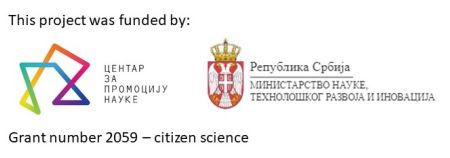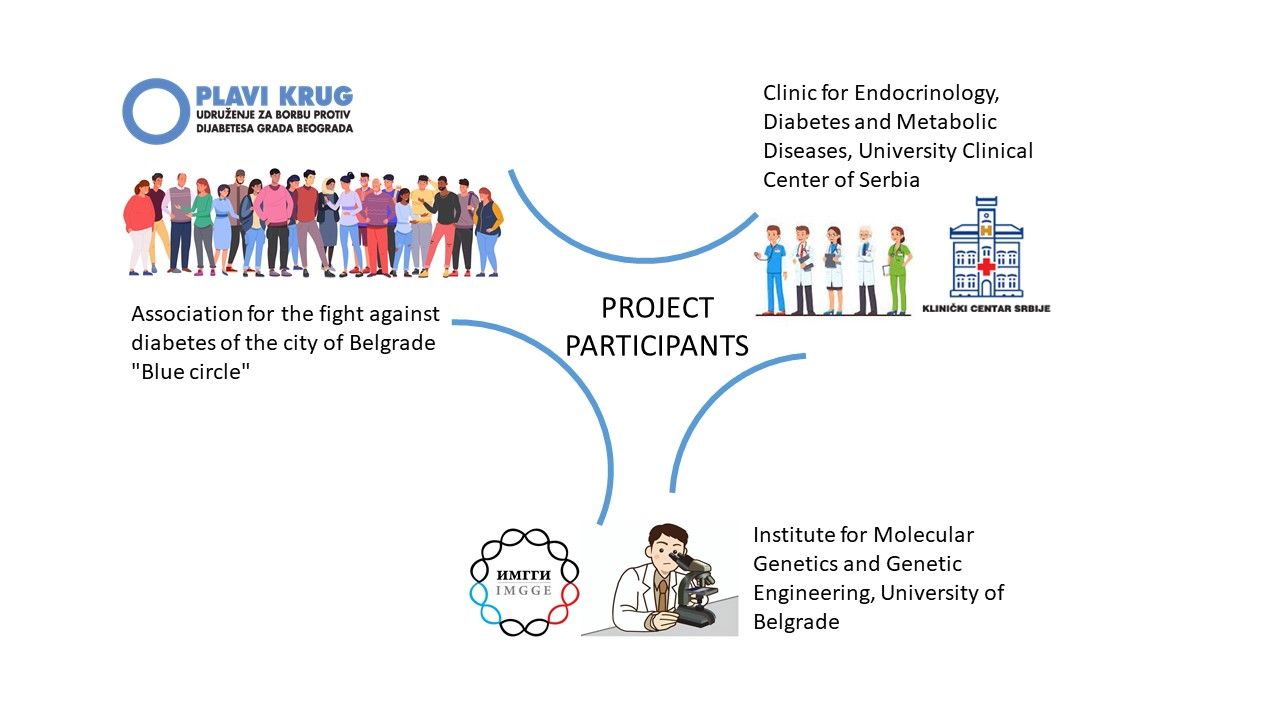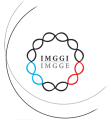

In Serbia, there are approx. 700,000 people with diabetes and about 375,000 cases are undiagnosed. The most common complication of diabetes are chronic wounds, which are caused by bacterial infections that affect wound healing and treatment outcomes. Current treatment of chronic wounds includes surgical removal of infected tissue and application of topical antimicrobials, but they remain ineffective in >60% of cases. This is due to a lack of information on how certain lifestyles contribute to the perpetuation of infections in CW and which microorganisms cause CW infections. Lifestyles that may contribute to the development of chronic wounds include overuse and misuse of antibiotics, smoking or culture-specific food consumption. Also, most medical protocols do not include the identification of infectious agents before treatment initiation.
The only way to address these issues is through active engagement of people with diabetes in research, raising awareness of the issues among the general public and healthcare practitioners, and making data-driven conclusions that could lead to legislative change. In this project, people with diabetes from Serbia and their family members will be empowered to design and conduct research about their own problems. Patients will benefit from guidance on lifestyle changes and collaboration with other stakeholders regarding their personal well-being. The patient organization will be trained in data collection and management to provide empirically-based responses to a variety of challenges. The project data will help the scientists to increase knowledge about microorganisms that contribute to wound chronicity in Serbia tailoring their research toward the development of more effective treatments. This project will emphasize the personalized approach to treatment. It will provide a holistic understanding of the patient needs and behaviors that drive the occurrence of chronic wounds, taking into account cultural and lifestyle factors and promoting collaboration, equity, and responsibility.
Project team
The project team consists of three institutions:
- Institute for Molecular Genetics and Genetic Engineering, University of Belgrade (IMGGI), a leading institution with expertise in the field of molecular biology and molecular genetics
- Clinic for Endocrinology, Diabetes and Metabolic Diseases, the University Clinic of the Clinical Center of Serbia, with expertise in assesing ethopathogenetic risk factors of diabetes and the treatment and prevention of chronic complications in diabetes
- Association for the fight against diabetes of the city of Belgrade "Blue circle" with expertise in civil actions aimed at improving the quality of life of people with diabetes at all levels



